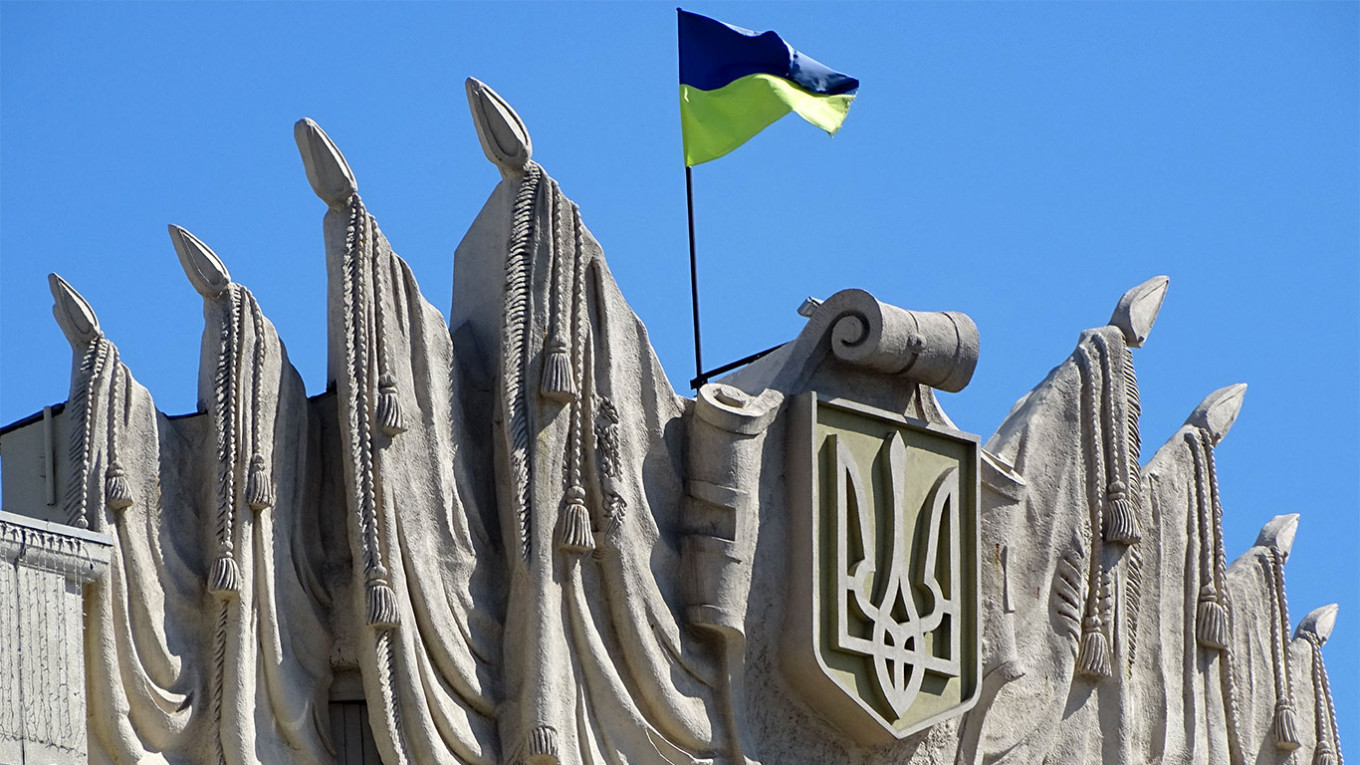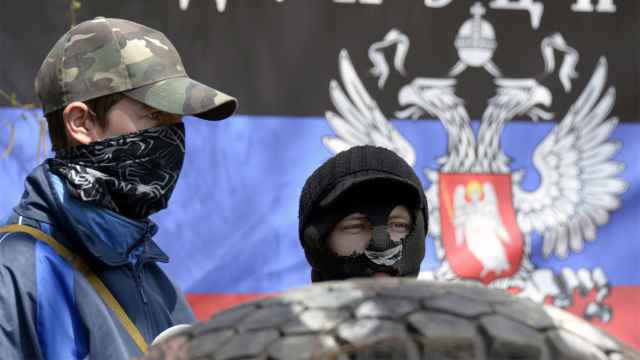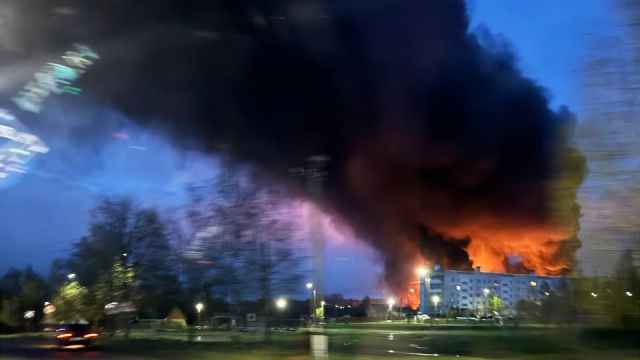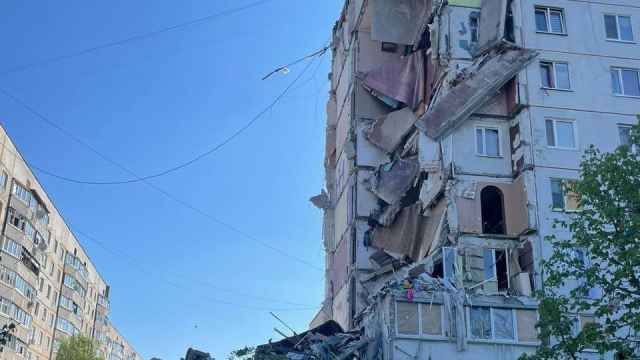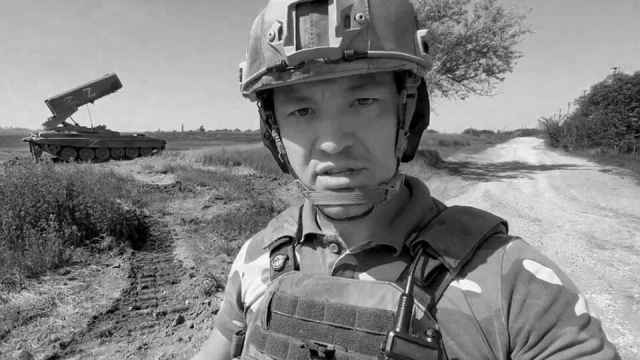After Ukraine voted for independence in 1991, Gennady Burbulis, then deputy prime minister and a close adviser to Boris Yeltsin, remarked that it was “inconceivable, for our brains, for our minds, that [Ukraine’s independence] would be an irrevocable fact.” But the Russian government at the time resisted calls from senior military officials and politicians like former Moscow mayor Yuri Luzhkov to “recover” Crimea or “reimagine” Ukraine’s territory.
It wasn’t just the military and politicians who found it difficult to accept Ukraine as a sovereign nation. The dissident writer Alexander Solzhenitsyn called the “talk of a separate Ukrainian people existing since the ninth century’’ a “recently invented falsehood.” He condemned the “cruel” partition of Ukraine and Russia and proposed a “Russian Union” be created comprising Russia (minus the Caucasus), Ukraine, Belarus and northern Kazakhstan.
This failure to accept Ukrainian independence hails, in part, from a 368-year-old treaty that few historians had paid much attention to over the years: the 1654 Treaty of Pereyaslav.
What was the geopolitical situation at the time?
The Mongol invasions of the early 13th century split apart Kyivan Rus and forced the local princes to accept their new overlords and pay them tributes. In the north, small principalities near Moscow began joining together, and eventually stopped paying tributes. In 1552 Ivan the Terrible was victorious over the Kazan Khanate, but the strength of tsardom faltered after he killed his son in an outburst of anger and the old dynasty ended. After the Time of Troubles when Poland claimed victory over Moscow, a new Tsar, Mikhail, was crowned and began the Romanov dynasty. By the mid-17th century, Russia was a consolidated state expanding and fighting with neighboring empires, principalities and kingdoms.
Kyiv was destroyed by the Mongol invasion in 1240, but a strong leader, Daniel of Galicia, gathered lands that included Halych, Galicia, Volodymyr-Volynskyi and Kyiv. In 1253 he was crowned the first king of the newly created Kingdom of Ruthenia. Like in Muscovy, Daniel fought other kingdoms, duchies, and empires to claim these lands, while Poland and the Crimean Khanate colonizing territories. In 1579 the Polish-Lithuanian Commonwealth incorporated most Ruthenian lands, codified in the Union of Lublin. But Cossacks and Ruthenian peasants, both Orthodox Christians, banded together and eventually, in 1648, rose up against the Polish-Lithuanian Commonwealth, reclaimed Kyiv and founded the Cossack Hetmanate.
What was the treaty about?
The Pereyaslav Treaty secured military protection for the Cossack Hetmanate in exchange for an oath of allegiance to the Tsar from the Cossacks, church members and inhabitants of the Hetmanate. It was a political union that bound much of eastern Ukraine and Kyiv to Russia, yet it remained part of Poland until it officially ceded Kyiv in the Russo-Polish war. The Cossacks were allowed to keep their state autonomy, and the Metropolitan of Kyiv would report to Constantinople rather than to Moscow. As a political union, the Sich (military and political center) couldn’t pursue their own foreign policy as Russia acted on its behalf; Ukraine was independent, but not entirely.
Why did the Cossack leaders sign it?
This is a subject of great debate. The Ukrainian press has said it was forced upon Bohdan Khmelnitsky, leader of the Sich, in unfavorable circumstances. The historian Serhiy Plohy wrote that Khmelnitsky considered it a temporary solution. Either way, the Ottoman Empire had promised to support the Cossacks in the battles against the Polish-Lithuanian Commonwealth but turned out to be an unreliable ally. Since Khmelnitsky clearly felt he could no longer rely on the Ottoman’s support, Orthodox Moscow was, therefore, the most natural ally at the time.
What do Vladimir Putin and the Russian press today say about the treaty?
In his 2021 essay about Ukraine, the Russian leader quoted the letter written by Bohdan Khmelnytsky to Tsar Alexei Mikhailovich in 1654, in which he “thanked” him “for taking ‘the whole Zaporizhzhian Host and the whole Russian Orthodox world under the strong and high hand of the Tsar.’ It means that, in their appeals to both the Polish king and the Russian tsar, the Cossacks referred to and defined themselves as Russian Orthodox people.”
How is this part of the current historical myth-making in Russia?
In contemporary Russian histories, the early Romanovs are often painted as heroes who brought Russia back from the brink, reasserted the state’s power, and re-liberated Russian lands. It’s this context where The Pereyaslav Treaty plays on the idea of Ukraine and Russia "rightfully reunited" or returned.
School textbooks, church officials, made-for-television documentaries and even Telegram posts from Russian officials all use similar language to promote the idea that Ukrainians and Russians have always been one people, historically and spiritually part of one nation.
For many, the so-called “military operation” is a history-correction course, not a horrific invasion with a huge cost.
A Message from The Moscow Times:
Dear readers,
We are facing unprecedented challenges. Russia's Prosecutor General's Office has designated The Moscow Times as an "undesirable" organization, criminalizing our work and putting our staff at risk of prosecution. This follows our earlier unjust labeling as a "foreign agent."
These actions are direct attempts to silence independent journalism in Russia. The authorities claim our work "discredits the decisions of the Russian leadership." We see things differently: we strive to provide accurate, unbiased reporting on Russia.
We, the journalists of The Moscow Times, refuse to be silenced. But to continue our work, we need your help.
Your support, no matter how small, makes a world of difference. If you can, please support us monthly starting from just $2. It's quick to set up, and every contribution makes a significant impact.
By supporting The Moscow Times, you're defending open, independent journalism in the face of repression. Thank you for standing with us.
Remind me later.



